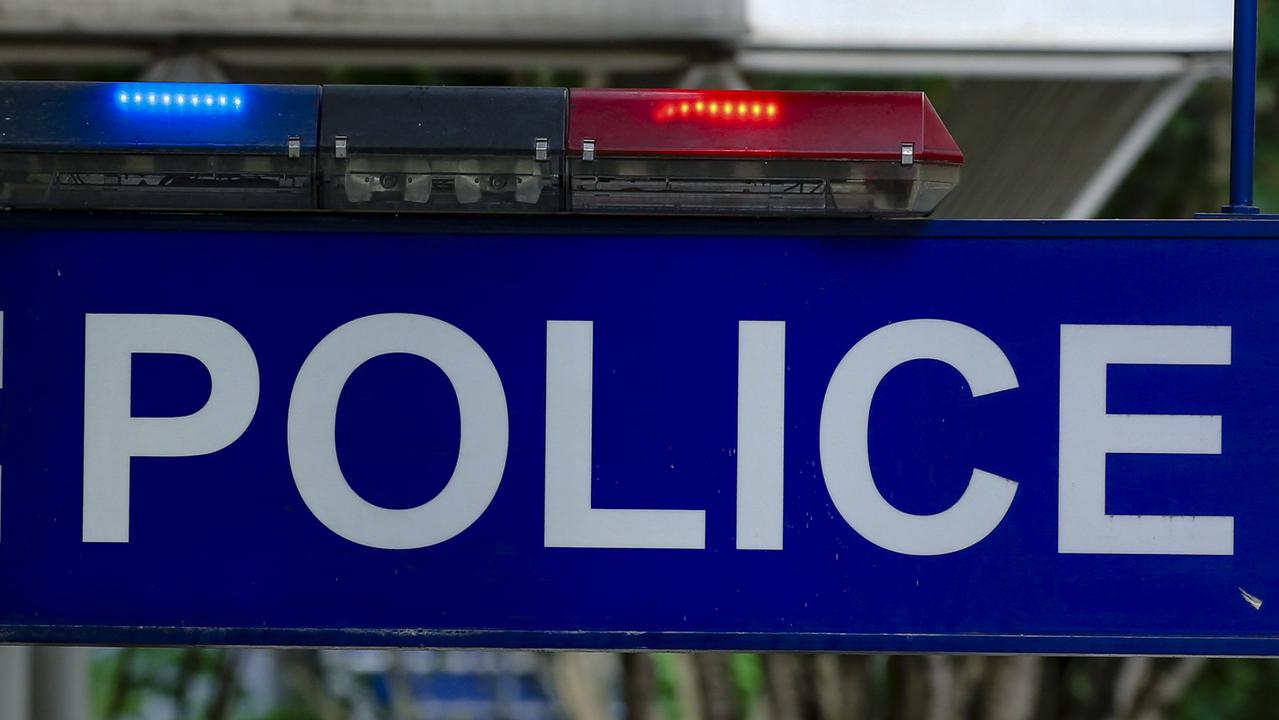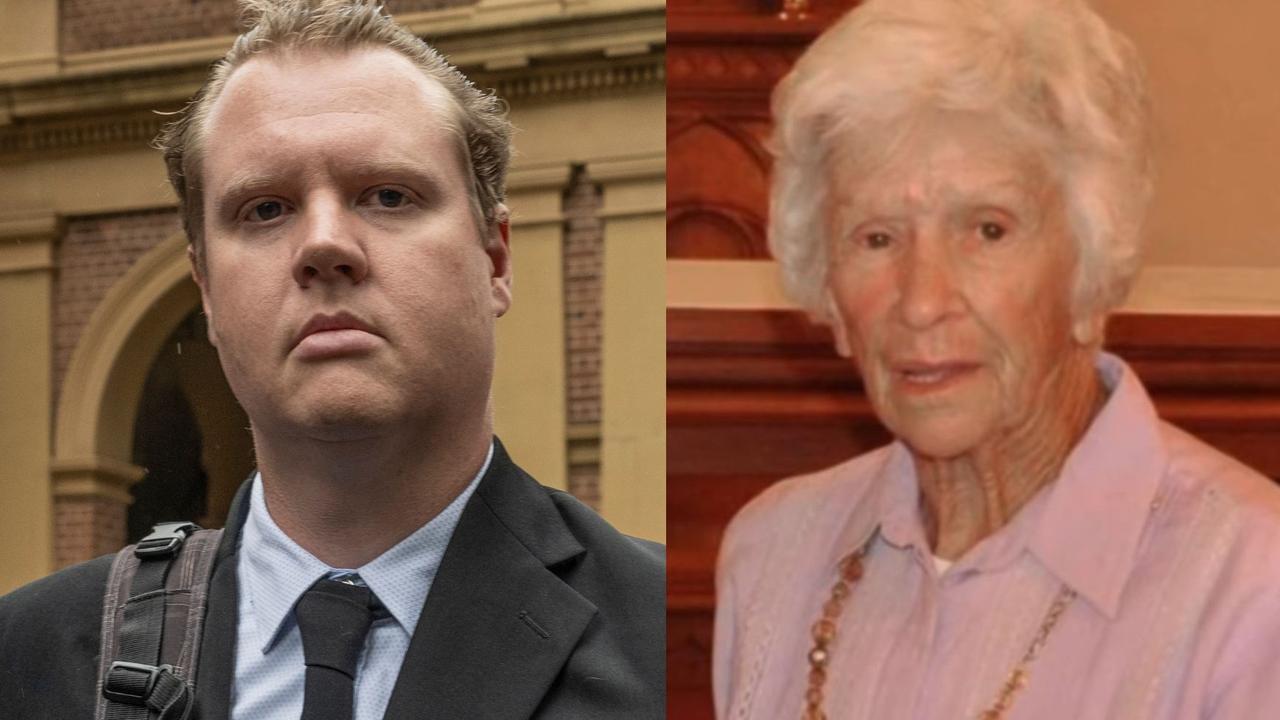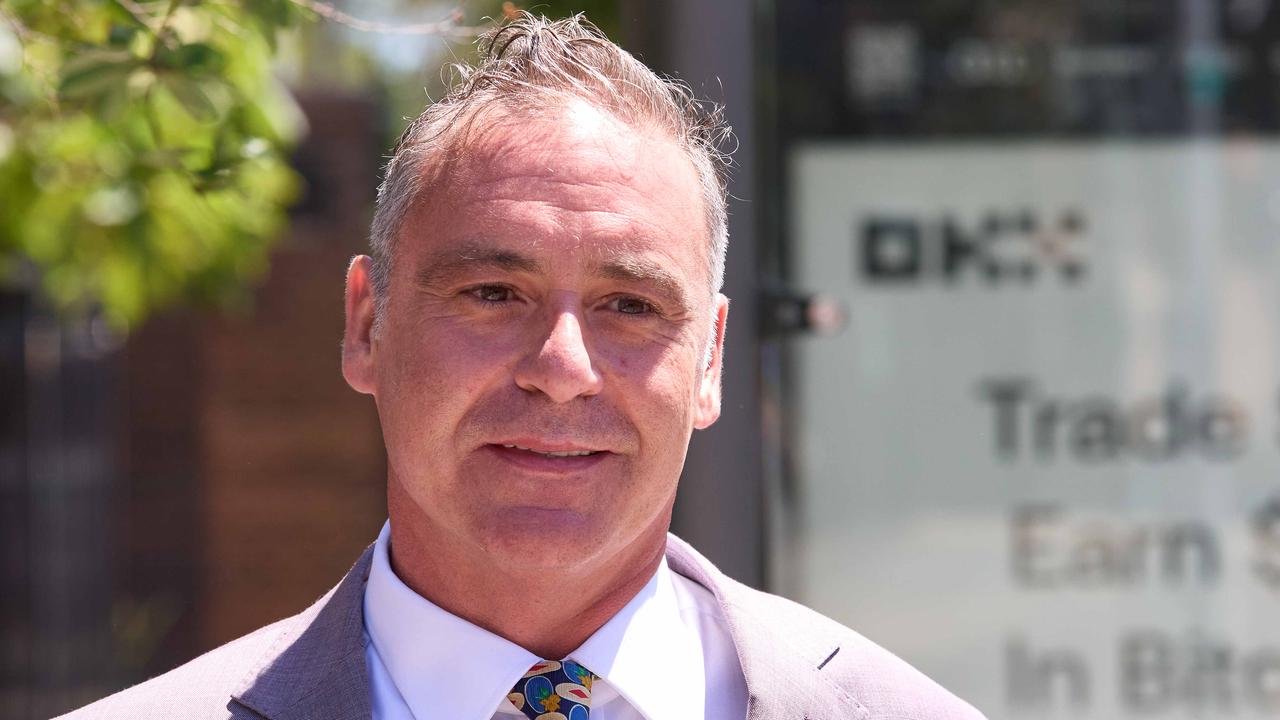Inquest into drug deaths of six people calls for decriminalisation of personal use, pill testing at music festivals
A rapid increase in police strip searches, which are meant to be “a last resort”, has been criticised, with calls to change the law.

The inquest into a series of drug deaths at music festivals has criticised heavy-handed police tactics, including the use of sniffer dogs and a “rapid” increase in strip searches.
Over 16 days of hearings, deputy state coroner Harriet Grahame examined the deaths of six people aged between 18 and 23 at events in the state over an almost two-year period.
Delivering her findings this morning, Ms Grahame called for sweeping reforms, including sanctioned pill testing at festivals based on the “compelling” evidence that it would boost safety and could encourage “behavioural change” among recreational drug users.
Among the recommendations was that strip searches be limited to those individuals suspected of supply illicit drugs at public events, rather than those in possession of substances for personal use.
“There has been a rapid increase in the numbers of people strip searched in NSW,” Ms Grahame said.
“In 2018–19, the reason given in 91 per cent of searches was ‘suspicion that a person possesses drugs’. While it is clear that Parliament’s intent was that strip searches were to be used as a last resort and in exceptional circumstances, the reality is far from that.”
The inquest heard from a young woman who experienced a strip search at the Splendour in the Grass festival in Byron Bay, and was told the “squat and cough” and that the officer would “make this nice and slow” during the process.
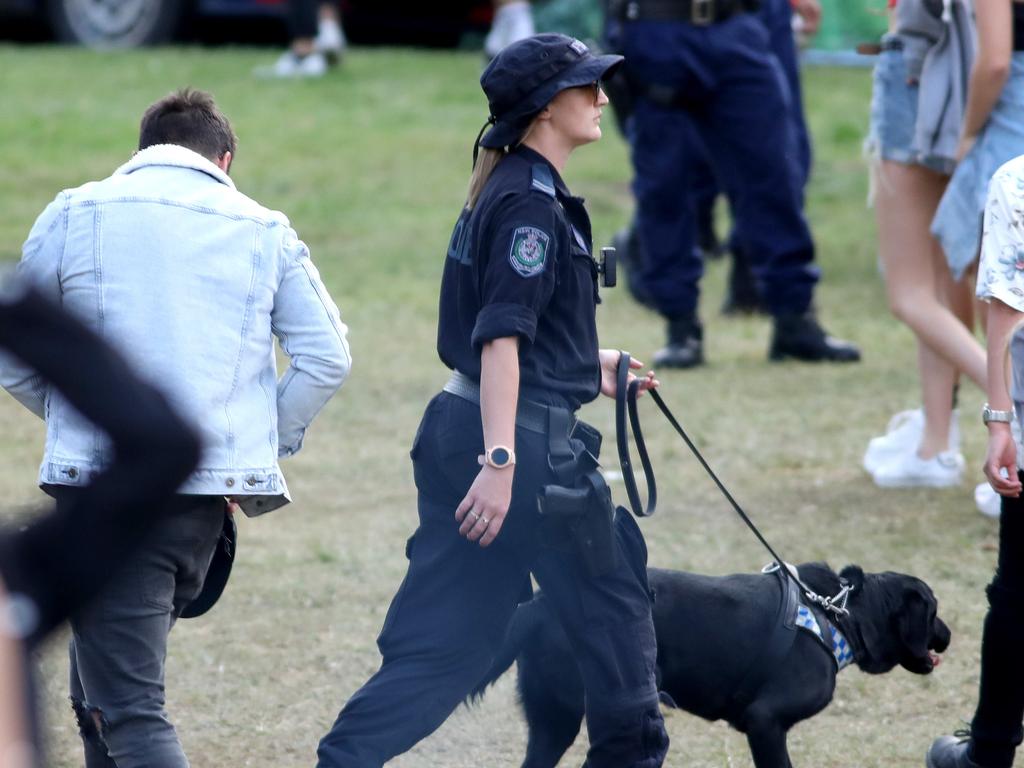
Most strip searches occur after a ‘positive’ indication of drugs by a police sniffer dog – a practice that Ms Grahame was also highly critical of.
“The fact is that in 2018–19 … strip searches after drug dog indication, drugs were found in 28.3 per cent of cases,” she said.
“(The woman at the inquest) described an experience that was distressing and humiliating. It affected the rest of her night and stayed with her after the event. When she recounted her experience in court her distress was palpable and disturbing.”
The controversial practice of strip searches has gained significant public attention in recent weeks. In addition to a large number to adults subjected, it has emerged that police officers have conducted strip searches on young teenagers and even children as young as 11.
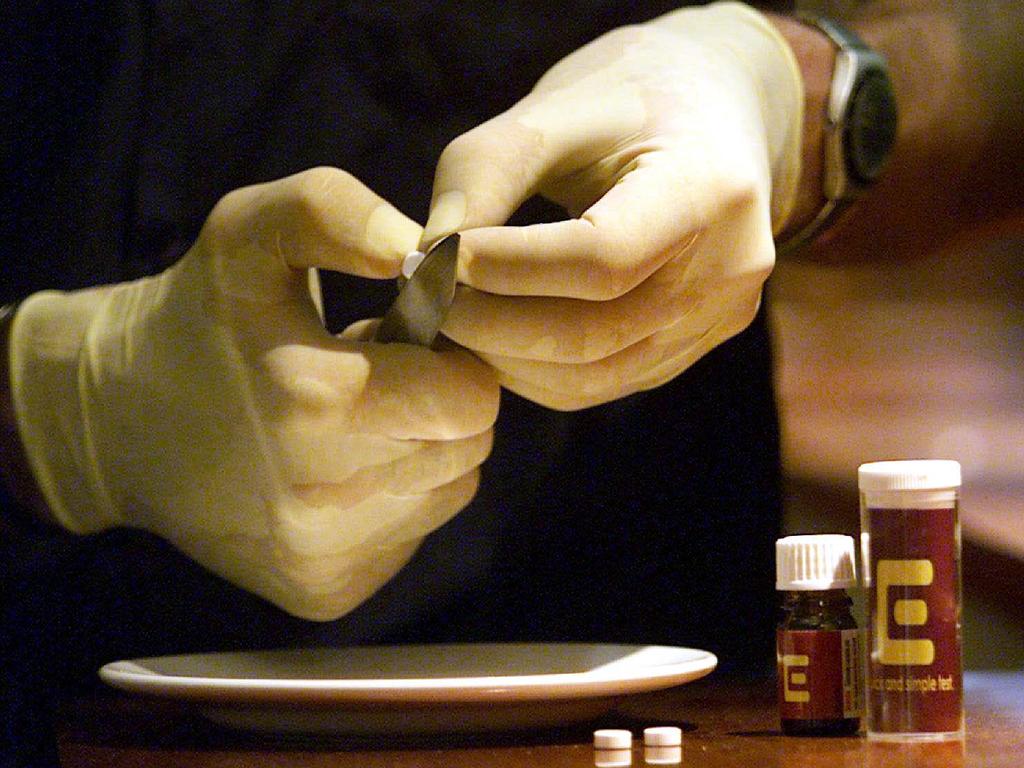
Ms Grahame has also urged the New South Wales Government to allow pill testing and to decriminalise the personal use of illicit substances.
Ms Grahame recommended dramatic changes to current policing methods, which she said contributed to risk and provided little-to-no benefits.
And she called on the government to decriminalise personal drug use.
Hoang Tran, Diana Nguyen, Joseph Pham, Callum Brosnan, Joshua Tam and Alexandra Ross-King died after taking drugs at music festivals between December 2017 and January 2019.
The incidents occurred at Knockout Circuz, Defqon1, Knockout Games of Destiny, Lost Paradise and FOMO.
“In each case, post mortem toxicology results showed that an amount of the drug MDMA was found in their blood at a toxic level, and in one case, mixed drug toxicity (MDMA and cocaine) was recorded as the cause of death,” Ms Grahame found.
Each death had caused significant pain for loved ones and come as a shock, with many appearing at the inquiry, she noted.
“Their deaths, at the beginning of adulthood, are also a terrible loss for the whole community,” Ms Grahame said.
“I have no doubt that each would have gone on to make many contributions in their own clever, generous and productive ways.”
RELATED: An inside look at drug networks flooding music festivals — and police are struggling to stop them
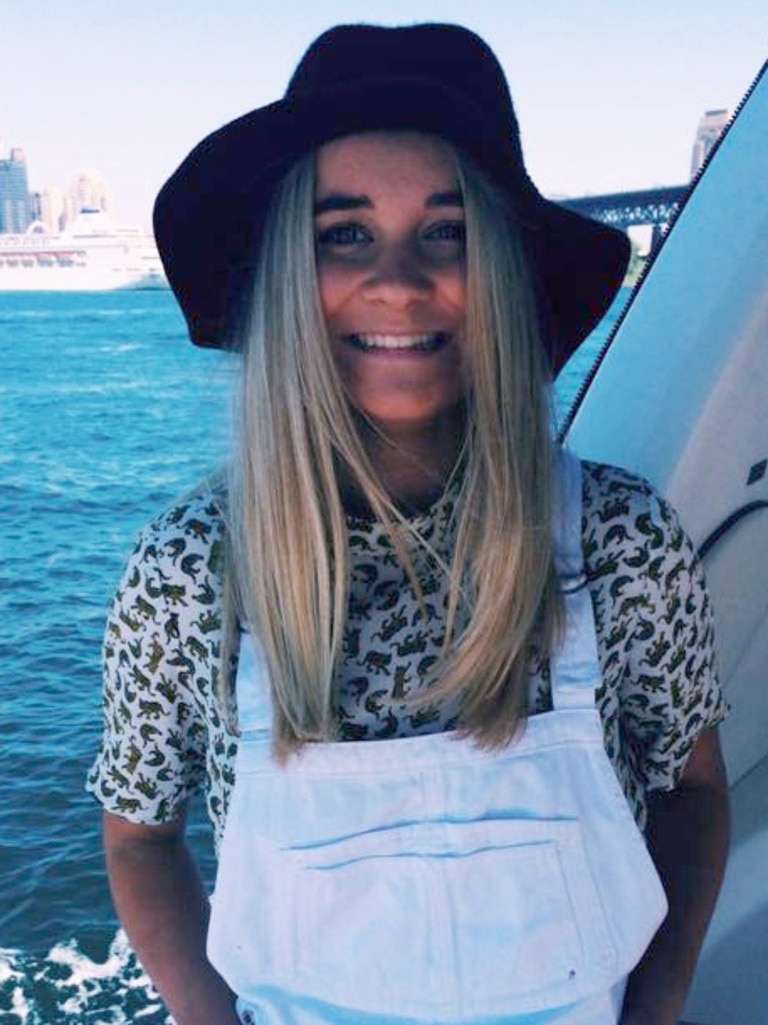

Evidence arising at the inquiry had demonstrated an urgent for change, but also that “there is much that can be done to prevent MDMA deaths”, she said.
Her findings identify “practical solutions” to some of the challenges that were identified.
“However, the evidence draws into clear focus the need for the NSW Government to look with fresh eyes at the potential dangers associated with drug use at music festivals. There is a need to reframe our main priority from reducing drug use to reducing drug death.”
A draft report of Ms Grahame’s findings was leaked last month, sparking debate about some of its more contentious recommendations.
Among them was the call for pill testing to be allowed at public events, which the NSW Government and Premier Gladys Berejiklian have repeatedly resisted.
“Drug checking is simply an evidence-based harm reduction strategy that should be trialled as soon as possible in NSW,” Ms Grahame said in her final report.
RELATED: Woman tells of ‘humiliating’ strip search at Sydney music festival at inquest
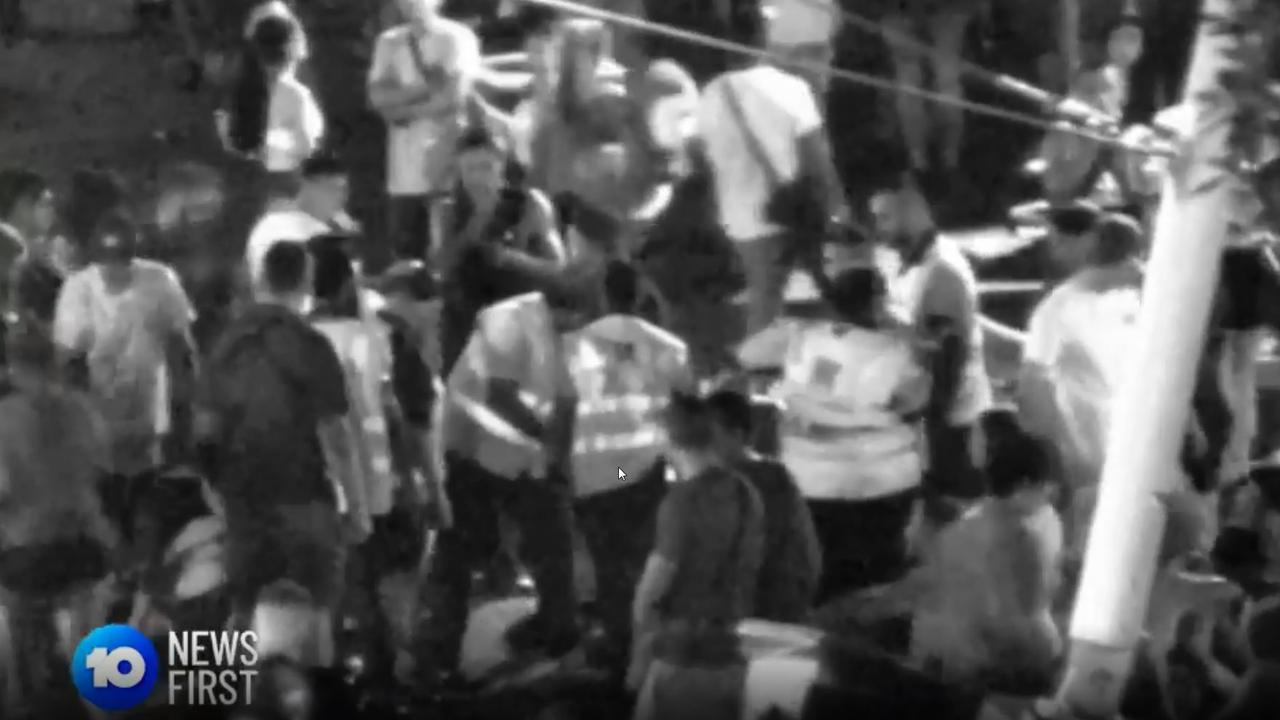
The use of drug testing internationally had been shown to have benefits to public safety, she said.
Ms Grahame detailed that she had “listened to opposing views” in relation to drug testing, reviewed “hundreds of pages” of evidence, attended demonstrations and listened to young people and police.
“At the end of my reflection, I am in no doubt whatsoever that there is sufficient evidence to support a drug checking trial in this state (both on-site and fixed). In my view the evidence is compelling.
“Of course its introduction will not guarantee further deaths will not occur. Drug checking is simply an evidence -based harm reduction strategy that should be trialled as soon as possible in NSW.”

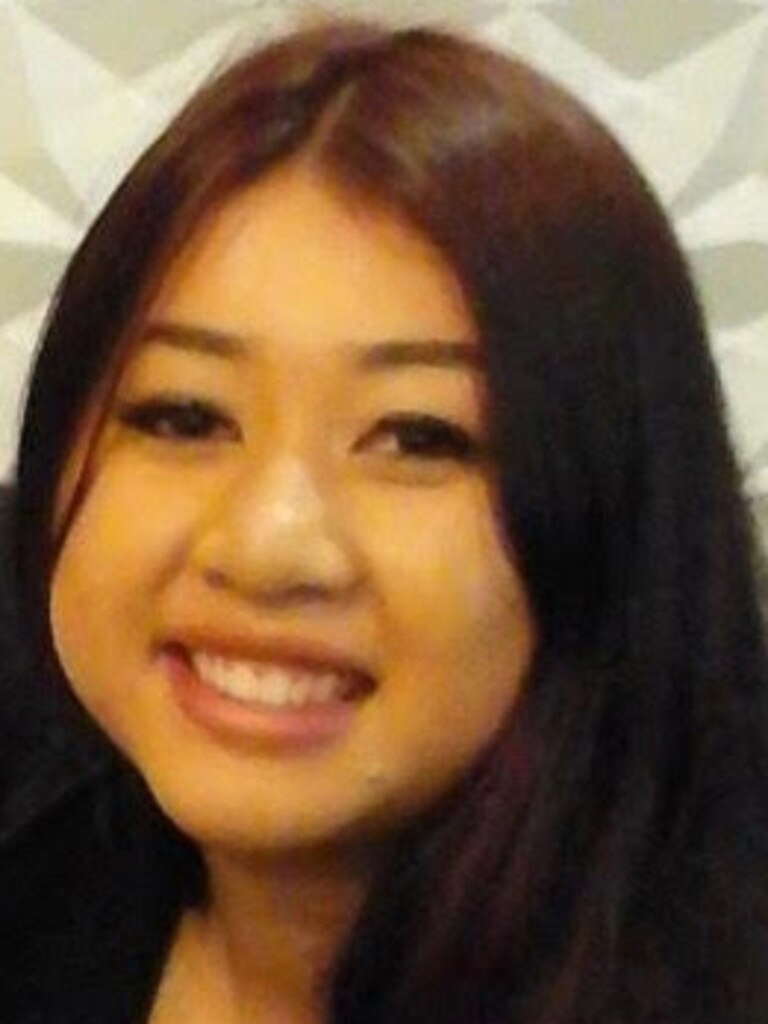
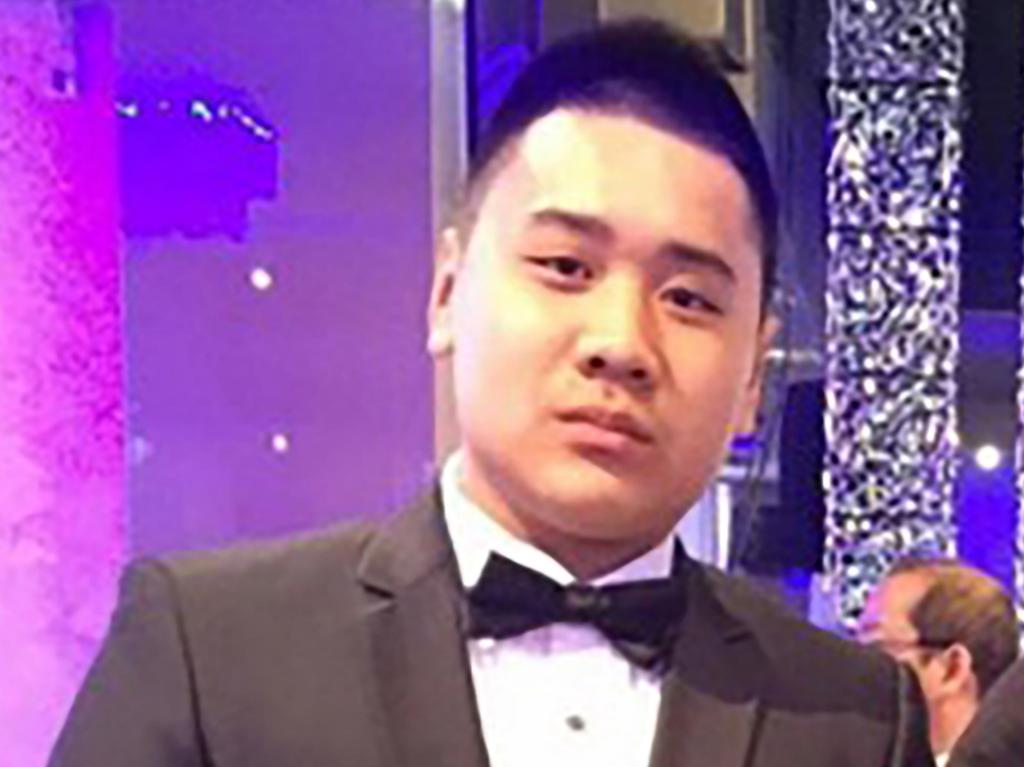
Ms Grahame also called for personal drug use to be decriminalised, in a recommendation that’s likely to spark controversy, “as a mechanism to reduce the harm caused by drug use”.
“There is a wealth of evidence that demonstrates the benefits of alternatives to arrest for use and possession offences,” she said.
“Of course it would be inappropriate to recommend expanding the regulation of currently illegal drugs on the basis of evidence heard at this inquest. Nevertheless it is clearly worthy of wider discussion and reflection.”
Ms Grahame also criticised increasingly heavy policing at public events, and specifically the use of drug sniffer dogs – a practice that has come under significant scrutiny in recent weeks.
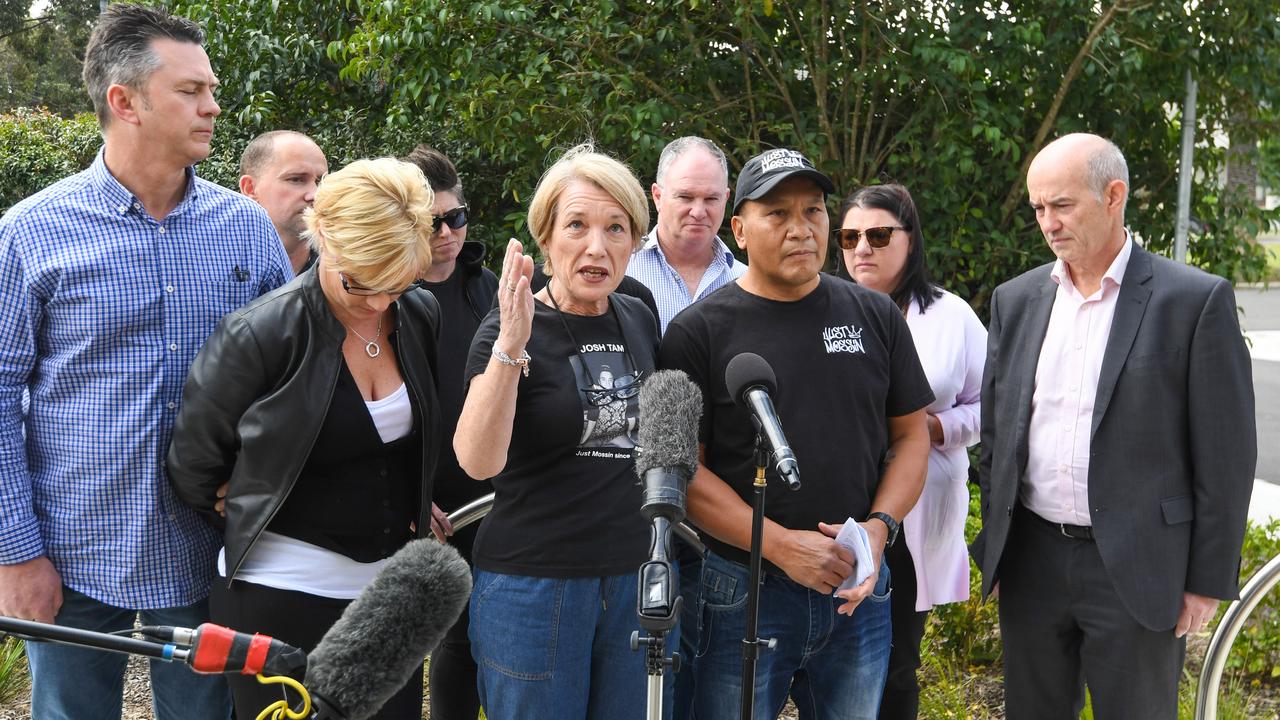
“I find the available evidence establishes that there are inherent dangers and few if any benefits of the use of drug dogs in music festivals,” Mr Grahame said.
“In my view there is strong evidence that the operation of drug dog detection programs may cause significant harm in the music festival environment.
“The presence of police and dogs can be intimidating. More importantly … it can precipitate panic ingestion or dangerous pre-loading which can in turn increase the risk of serious illness or fatality.
“Other research suggests that a heavy police presence at the entry point can lead patrons to make a decision to purchase drugs inside the venue. Some researchers suggest buying from an unknown source may also hold some additional risk.”
In a statement, NSW Police Commissioner Mick Fuller rejected that policing played a role in dangerous behaviours.
“It is truly tragic for these and many other young lives to have been cut short due to drugs, however any suggestion police were implicit in these deaths will be strongly defended by me,” Commissioner Fuller said.
“From a policing perspective, we remain committed to reducing the supply of illicit drugs throughout NSW, including at music festivals.”
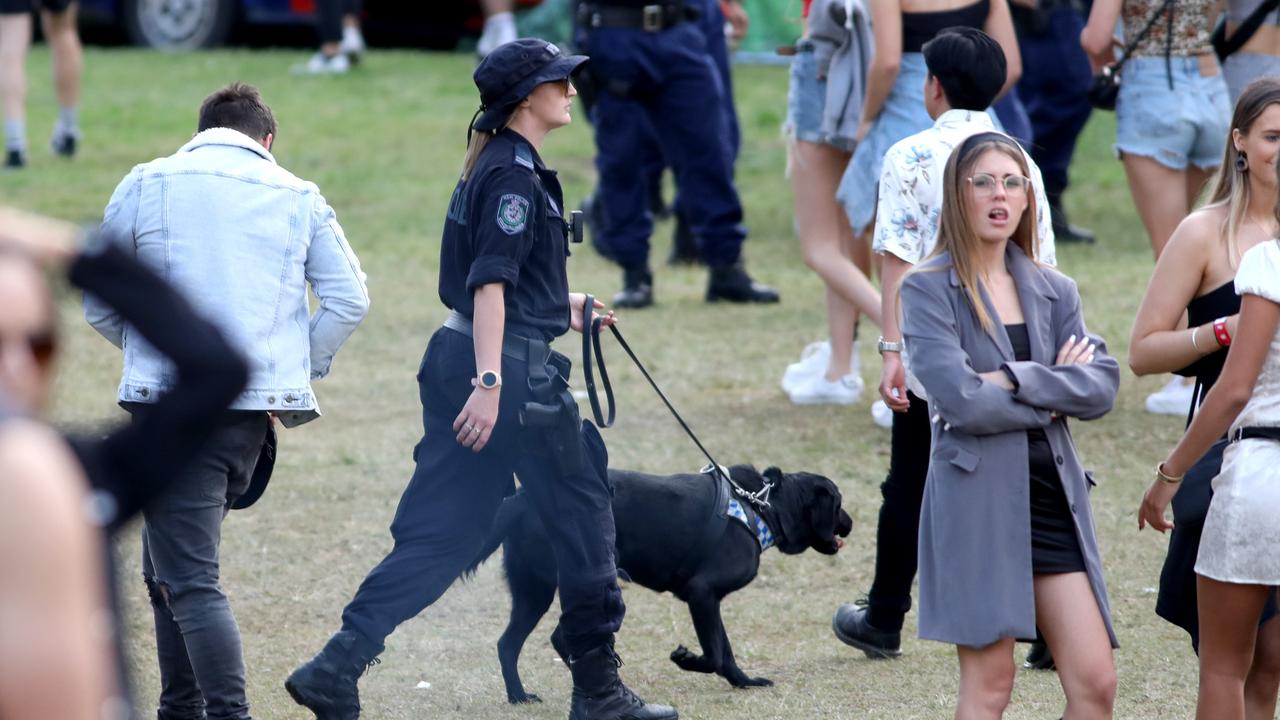
The findings also identified the need for greater education about drugs, beyond the current “just say no” approach typically adopted.
“Once again I express my sincere and heartfelt condolences to all those who have been directly affected by these tragic deaths. Many in the community would share my respect for the courageous and generous way they have approached these proceedings.”


